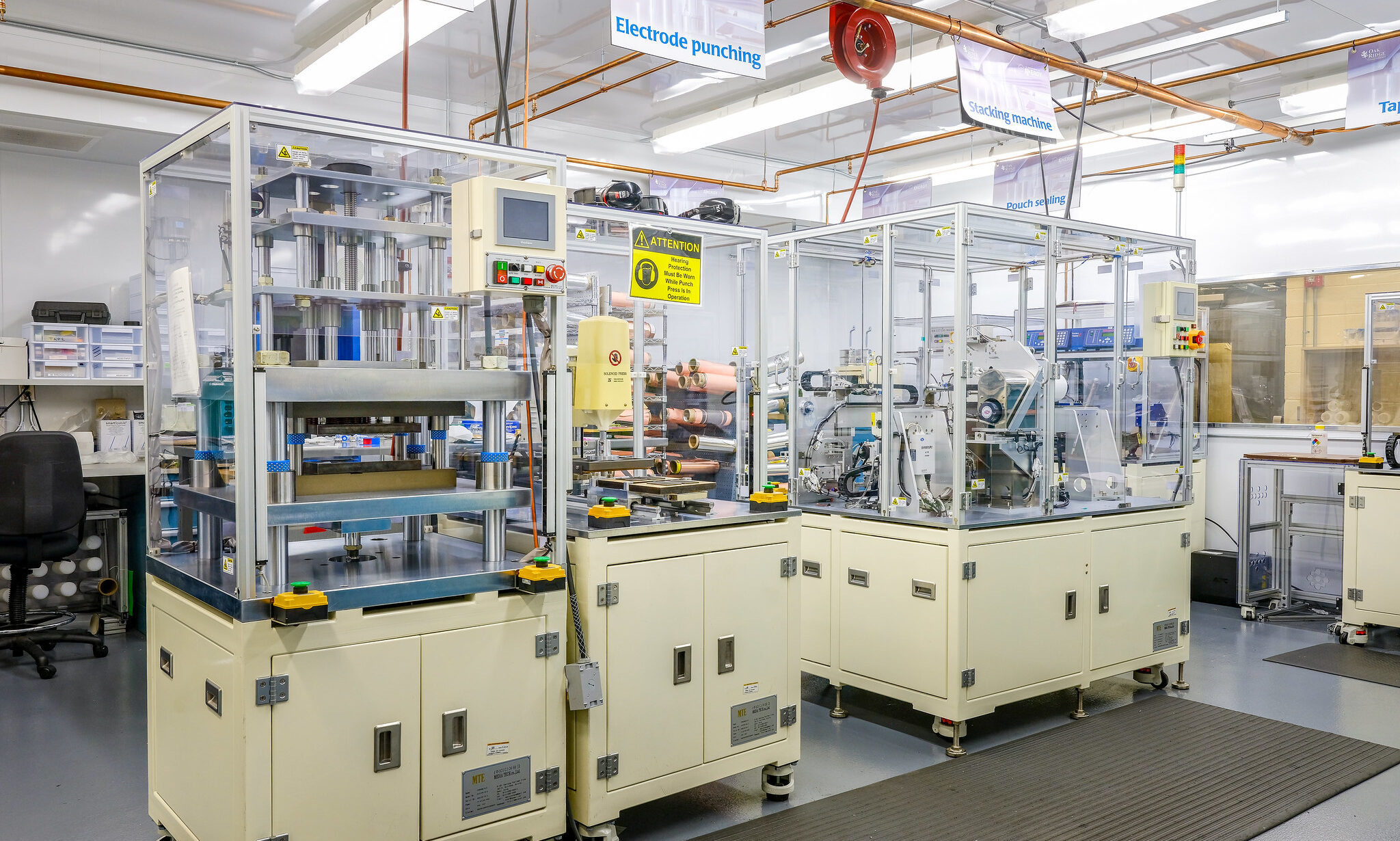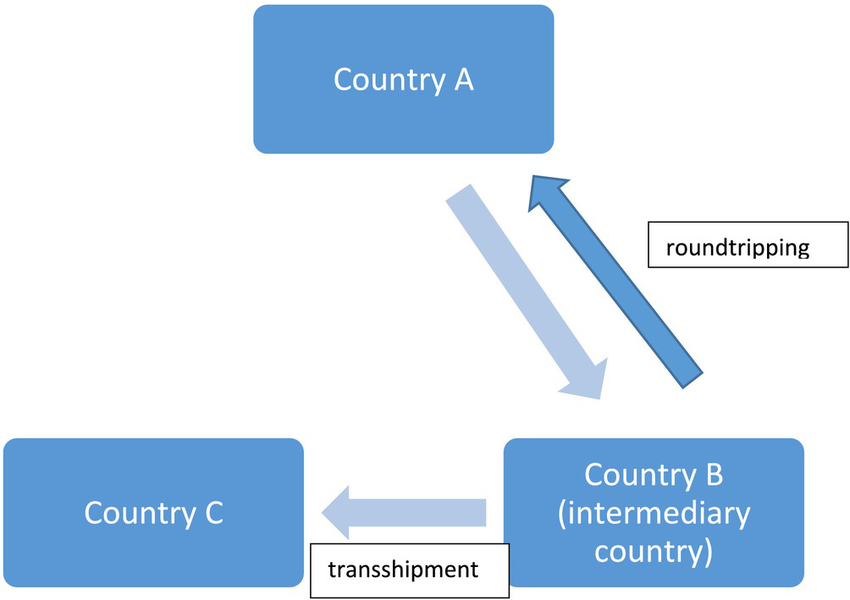The presentation will take place in a hybrid format via zoom interface or in person in room K.13-14; 23.05.2024, from 13.00.

Steffen Müller
/Halle Institute for Economic Research (IWH)/
Minimum Wages, Productivity, and Reallocation
Abstract:
We study the productivity effect of the German national minimum wage combining administrative firm datasets. We analyze firm- and market-level effects, considering output price changes, factor substitution, firm entry and exit, labor reallocation, and short- versus long-run effects. We document higher firm productivity even net of output price increases. Productivity gains are persistent in manufacturing and service sectors. The minimum wage also increased manufacturing productivity at the aggregate level. Neither firm entry and exit nor other forms of employment reallocation between firms contributed to these gains. Instead, aggregate productivity gains from the minimum wage solely stem from within-firm productivity improvements.
Short biography. His research interests focus on structural change in the labour market, with a particular focus on the relationship between workers and firms and the role of firm productivity. He also conducts research to describe and understand the economic gap between East and West Germany.







